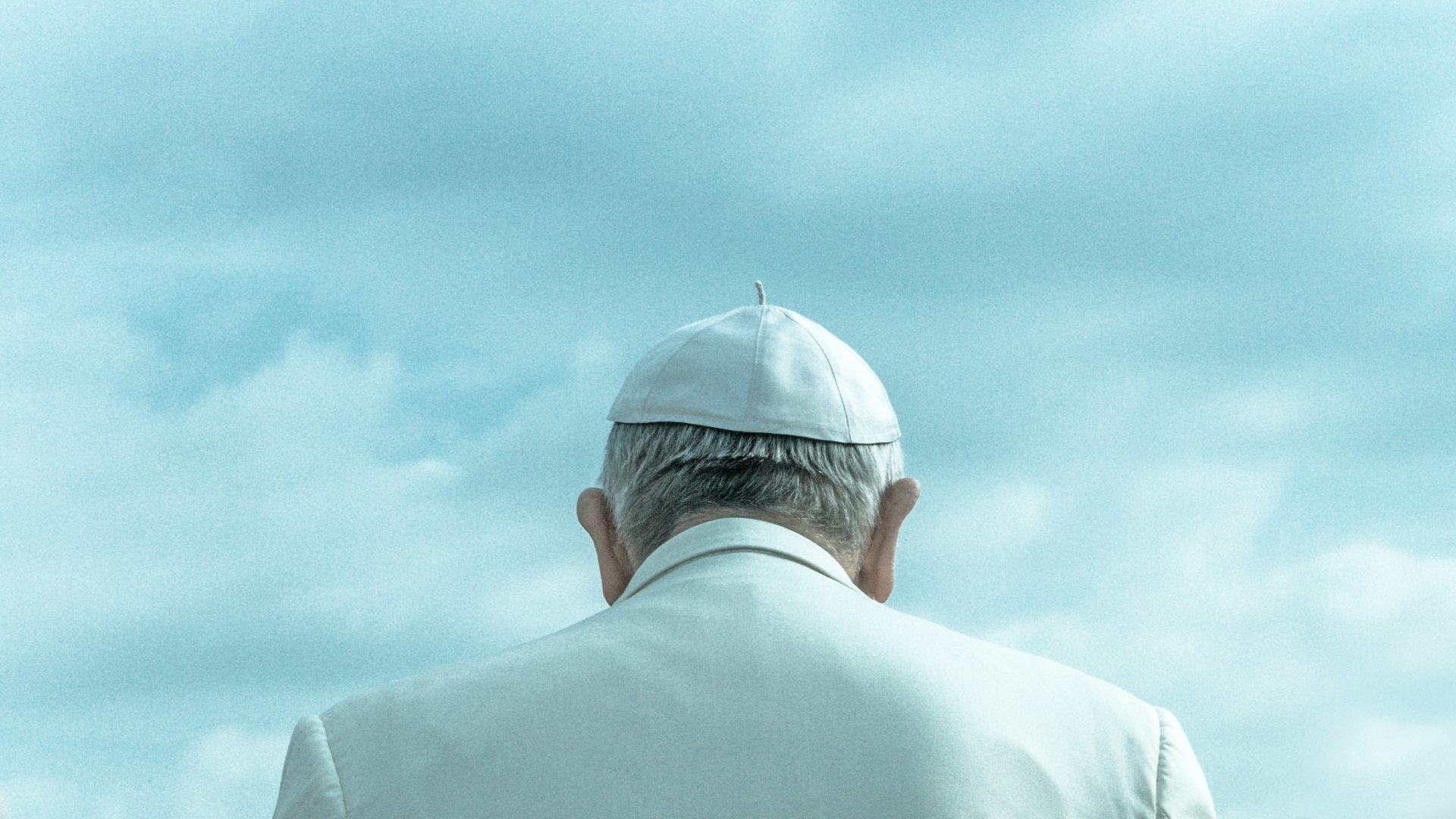
A Discerning Church: A Commitment for All
In one of his interventions during his Apostolic Journey in Kazakstan (2022) Pope Francis calls for a “community that is alive, filled with hope, open to the newness of the Spirit and to the signs of the times.” It is only then that we can be a “synodal Church, journeying towards the future of the Spirit . . . a Church that embraces participation and shared responsibility . . . a Church that, formed in communion, can go forth to encounter the world.” But what are the “sings of the times”? Are we able to read them?
“The signs of the times” is not merely a concept! It was one of the crucial questions put forward by the Church itself at one of its most important crossroads in its journey, the Second Vatican Council (1962-1965). It was a time when the Church felt the need to renovate itself, not by looking within itself, but outside itself.
In one of the most important documents of the Council, Gaudium et Spes (Joy and Hope) the Church recognises its duty of “scrutinizing the signs of the times and of interpreting them in the light of the Gospel”. This means that we must “recognise and understand the world in which we live, its explanation and longings, and its often dramatic characteristics.” Pope Francis many a times highlights that we are still on the path of the voyage set forth by the Second Vatican Council. We are an itinerant Church, one that must understand the “signs of the times”.
It is thus no mere coincidence that Pope Francis has started a series of catechesis on discernment (2022), on the need of understanding what is happening around us, in order to make good choices and decisions. It is a long and difficult path, but one which also puts us in a position to face “unexpected, unplanned situations, where it is crucial to recognise the importance and urgency of a decision to be made.” Pope Francis highlights the need to listen attentively to one’s heart. He explains how “discernment is the aid in recognising the signals with which the Lord makes himself known in unexpected, even unpleasant situations”. It is only at the end of this path, that we can find real joy.
The beauty of Pope Francis, is that he puts in front of us difficult questions and challenges us. We need to be attentive to what is happening around us! The Church, and we are part of the Church, cannot be dormant in front of what is evolving around us.

He is not afraid of facing the moral dilemmas of our times: the destruction of the environment, the vocation of politicians, immigration, and the importance of youth and laity in today’s world. And he lays out concrete actions that need to be taken, denouncing most often the greed set forth by corruption and corporate business, and the need for the political class to set an example for youth, that they can follow.
A milestone in this Pope ‘s journey has surely been the encyclical Laudato Si’ (2015). Laudato Si’ has helped focus again the world’s perspective on the environmental degradation that we are continuously facing, rekindling interest in themes which were hidden by the disinterest of various governments around the world, and of strong commercial interests.
An important perspective introduced by Laudato Si’ is that the environment is a patrimony which is common to everyone, where we are not the owners but the guardians. This puts significant responsibility on us all to guard this patrimony for future generations. Thus for example problems related to “climate change” are problems which must be tackled by all humanity, and not by the people affected within particular areas. In these cases these people would be suffering from the impact caused by more affluent communities around the globe. Indifference is not an option in this case.

The encyclical “Fratelli Tutti” (2020) is also an important part of Pope Francis ’s journey where he lays out the concrete actions that need to be taken. In this encyclical for example the role of politicians cannot go unnoticed. The Pope acknowledges the important role of the political class, highlighting that the economy cannot take the role of the state, and that politicians need to think of the long term common good. Politics must not be about focusing on the individual, but about seeking ways of building communities.

But how can this be brought closer to home? What is the situation on our islands? In one of his most important interventions during his apostolic journey in Malta (2022) Pope Francis unites the aspect of the environment, politics and youth in one theme. He calls for “honesty, justice, a sense of duty, and transparency” as “essential pillars for a more mature civil society”. As regards the environment he is very specific, highlighting how this must “be kept safe from rapacious greed, from avarice and from construction speculation, which compromises not only the landscape but the very future”. He also comments how “the protection of the environment and the promotion of social justice prepare for the future, and are optimal ways to instil in young people a passion for healthy politics and to shield them from the temptation to indifference and lack of commitment.”
Let us all take on Pope Francis’s call in really understanding what is happening around us. But at the same time not simply stopping there! We need to take concrete actions. We are all responsible. And therefore we cannot remain indifferent and silent.






 Previous Article
Previous Article



